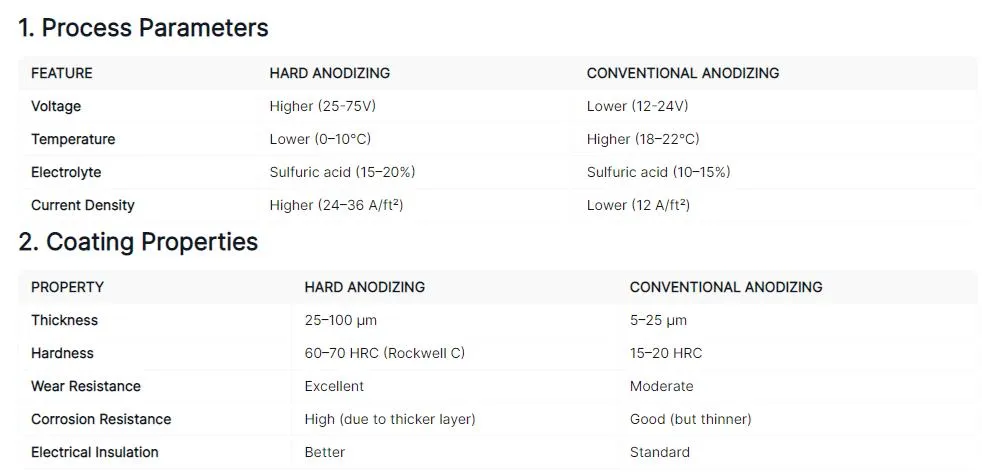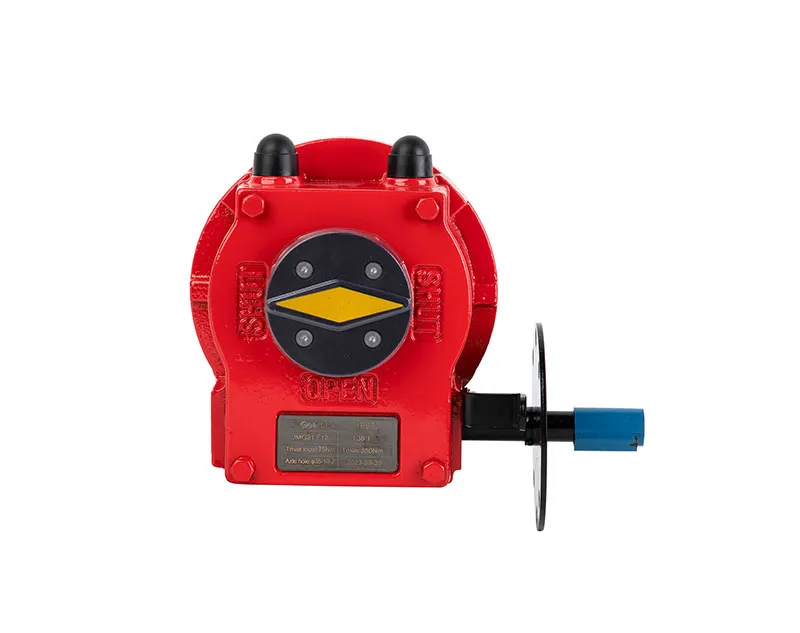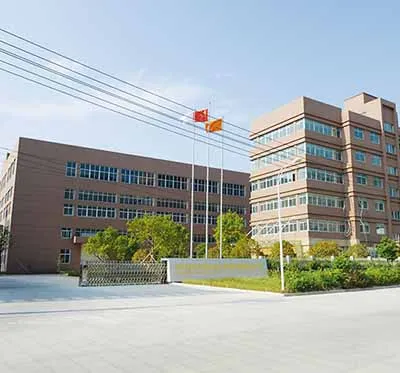What's the Difference Between Hard Anodizing and Conventional Anodizing for Actuator Bodies?
1. Introduction
Anodizing is an electrochemical process that enhances aluminum's surface properties by creating a protective oxide layer. For actuator bodies—critical components in pneumatic and hydraulic systems—two primary methods are used: conventional (Type II) anodizing and hard (Type III) anodizing.
This article explores their key differences in thickness, durability, applications, and post-treatment, helping engineers and manufacturers choose the best process for actuator performance.
2. Key Differences in Process & Properties

3. Applications in Actuator Bodies
Hard Anodizing (Best for Demanding Environments)
High-performance pneumatic actuators – Resists wear in high-cycle operations
Industrial automation – Withstands abrasive particles and harsh chemicals
Aerospace & defense – Ensures reliability under extreme pressure/temperature
Oil & gas systems – Prevents corrosion in salty or humid conditions
Conventional Anodizing (Cost-Effective for Standard Use)
General-purpose actuators – Light-duty applications with minimal friction
Consumer-grade machinery – Decorative finishes with basic protection
Indoor equipment – Where extreme durability isn’t critical
4. Post-Treatment Differences
Hard Anodizing
Sealed with nickel acetate or Teflon for maximum abrasion resistance
Often dyed black for reduced glare and improved heat dissipation
Conventional Anodizing
Typically sealed with hot water or steam for basic corrosion protection
Available in multiple colors for aesthetic customization
5. Conclusion: Which Should You Choose?
While both processes improve actuator performance, hard anodizing is superior for heavy-duty applications due to its extreme wear resistance and thermal stability. Conventional anodizing remains a cost-effective choice for less demanding environments.
Why Jimai’s Actuators Stand Out
As a leading pneumatic actuator manufacturer, Jimai leverages hard anodizing to deliver:
Extended Lifespan – Hard-coated aluminum bodies resist wear in high-pressure systems
Corrosion-Proof Performance – Ideal for marine, chemical, and outdoor installations
Precision Engineering – Tight tolerances ensured by controlled anodizing thickness
Custom Solutions – Tailored surface treatments for specific operational needs
For actuators that demand reliability under stress, Jimai’s hard-anodized designs offer unmatched durability. Contact us to discuss your project’s requirements!









